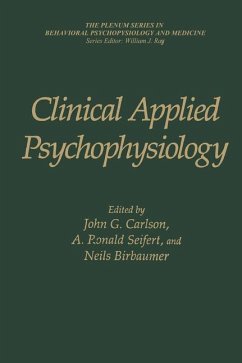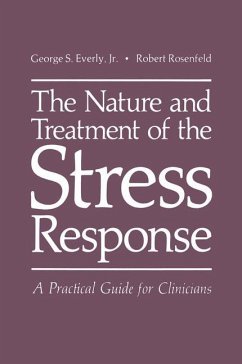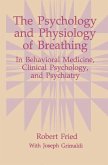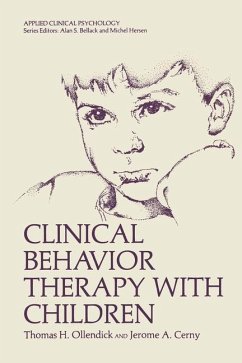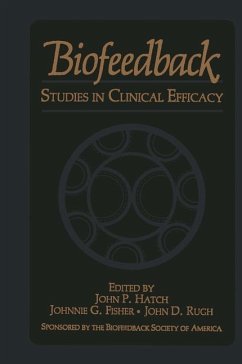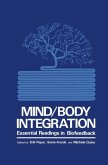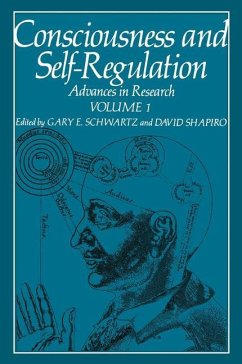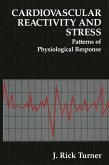Although the injunction "Know thyself" was inscribed over the site of the Delphic Oracle, the concept is of much more ancient lineage. Thousands of years ago, the wise men of the East had learned to exert authority over a broad range of bodily experiences and functions using techniques that are still taught today. But it is only in the past few decades that the West has become aware once again of the range of control that the central nervous system can maintain over sensation and body function. Medicine has moved slowly in integrating these concepts into the classic medical model of disease despite a growing body of evidence that links emotional state, thought, and imagery to immunocompetence, tissue healing, and bodily vigor. It is precisely the role of a volume such as this, reflecting a fascinating conference in Munich, to emphasize and reemphasize these ideas. We are fortunately well beyond the sterile behaviorism of Watson with its com plete negation of the significance of mental operations. But many still consider suspect those forces and mechanisms, however powerful, that seem to originate from brain-mind activity. The chapters in this book, with their emphases on the mind-body continuum as a bridge to self regulation and health, provide a modern "School of Athens" in bringing these concepts to wider acquaintance.
Bitte wählen Sie Ihr Anliegen aus.
Rechnungen
Retourenschein anfordern
Bestellstatus
Storno

